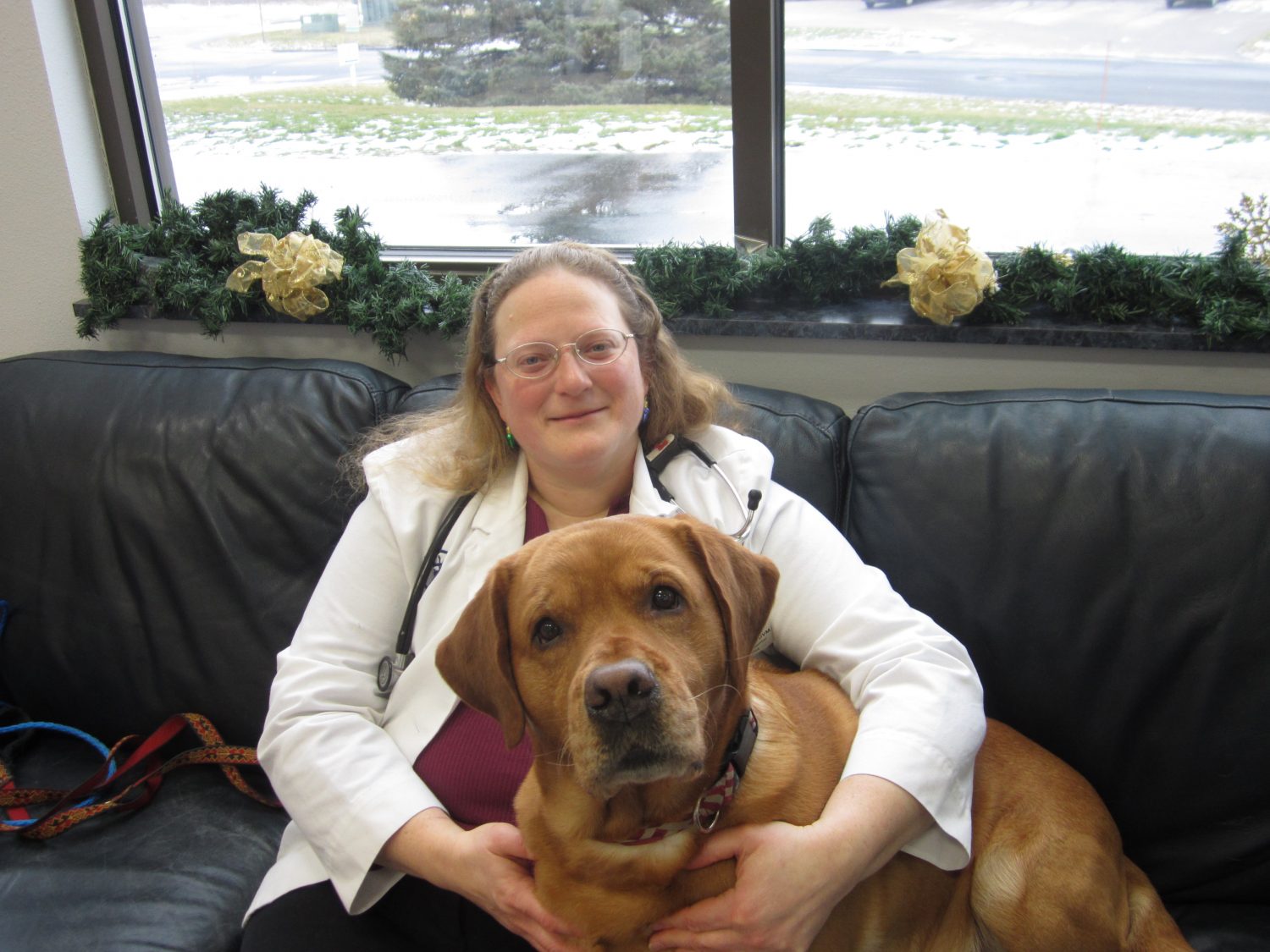The vet’s office: A dog in the hunt

Ensuring Fido’s health and safety for the fall hunting trip
By Dr. Beth Engelbert, DVM
Wildwood Animal Hospital and Clinic LLC
As the cooler weather sets in, it becomes time for fall activities. Leaves change colors, footballs fly through the air, and people go hunting.
For many hunting is a yearly tradition, and the use of dogs has made tracking and retrieving game easier. Dogs love having jobs, and many hunting dogs take their jobs very seriously, almost to the extreme. Is your dog ready for the excitement and physical demands of hunting?
Some hunting days can go from sunup to sundown. Dogs that love their jobs are not going to complain about the long hours. However, it can be harmful if they are not conditioned to all day activity — similar to someone who jogs a mile or two and then suddenly decides to run a marathon. Human athletes must train for such activities, as do our canine friends. Inadequate conditioning can lead to muscle and joint injury as well as stress on the heart and other organs.
Some dogs do not eat well while hunting, perhaps due to excitement or fatigue, soreness, or illness. Many hunters encourage eating with the use of canned food. If your dog is not used to the richness of canned food, intestinal distress, such as vomiting and diarrhea, can develop. This can potentially cause debilitating illness.
Many dogs will lose weight from the increased activity and the decreased food intake. High calorie or high fat diets can be helpful, and your dog should be introduced slowly to them prior to hunting. Talk with your veterinarian for diet recommendations for your dog.
Typical hunting accidents for dogs include cuts from fencing, encounters with wild animals, or ingestion of toxic plants or chemicals. Having first aid on hand is crucial. Your veterinarian can help supply the kit. If you are traveling, knowing where the nearest veterinary office that will see emergencies is also important.
Traveling with a dog can have its own complications. Having a secure place in the vehicle for the dog to ride is recommended. Proper identification should be worn in the event of an accident or escape.
Proof of vaccination to distemper and to Bordetella is encouraged. Proof of proper rabies vaccination is required in most places. Your veterinarian can get you an extra copy of the rabies certificate. If you are traveling out of state, a health certificate may be required as well. Check with the state of destination for such requirements.
A thorough examination should be done to be sure your dog is healthy enough for hunting, particularly if he or she is a little older. Stay safe and happy hunting.
Wildwood Animal Hospital and Clinic LLC is located at 210 Airpark Road in Marshfield and online at wildwoodanimalhospital.net.
Leave a reply
You must be logged in to post a comment.






